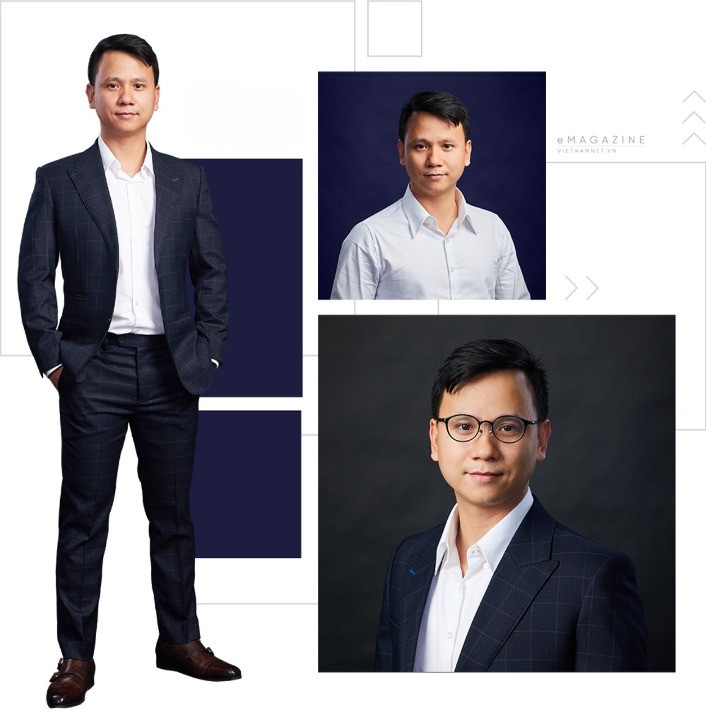
After obtaining a bachelor’s degree, Phong studied for a master’s degree at Carnegie Mellon University in the US and later obtained a doctorate from Tokyo University.
Phong has published 20 scientific articles, and has eight patents registered for intellectual property protection together with Hitachi in many countries, and had the opportunity to go to Canada as a representative of the AI (artificial intelligence) research institute Mila and work with Yoshua Bengio, the ‘Godfather’ of modern AI.
Phong said Mila’s list of partners at that moment included very well known names, including Google, Facebook, Microsoft, Hitachi and Samsung. It was a difficult question for Vietnam, a developing country, to get the opportunity to work with Mila.
Choosing FPT
“After eight years of working, I realized that it was the time for me to choose the path to follow. I wanted a workplace where I could be a useful worker and I wanted to contribute to the country’s development. I hope that my research work can influence business and create useful products for the market,” Phong said.
There were many choices for Phong at that moment, but he finally chose FPT Software, a global technology firm with many offices all over the world, with staff of many nationalities. He also liked FPT because it always supports new ideas and products, and can become a suitable place to incubate talents and potential projects.
For Phong, acting as the bridge to bring AI training programs and Vietnamese young talents to the world market is an interesting challenge. Under the AI Residency program, Phong and his co-workers have created an in-depth research environment for excellent Vietnamese students, helping them with opportunities to study and work directly with experts.
Meanwhile, interns are encouraged to join production development projects, using research results in solving real problems.
“One of the questions is changing software development sector with AI. This is a question at an international level and if Vietnam can solve it, it will find its position in the world’s AI map,” Phong said.
FPT seeks position in top 50 AI Labs
Phong told VietNamNet that he has confidence in a world where humans and AI can live together in peace and create values which cannot be generated by either AI or humans alone.
He believes that AI will ‘liberate’ humans from boring daily repeated works and allow them to spend more time on families, creative activities and health practice.
In the first years after machines were used for industrial production, humans were afraid of being deprived of jobs. But machines help people have more time to do higher-quality work. Nowadays, a hand-embroidered scarf is much more expensive than scarves created during the industrial production process.
When Phong joined FPT Software staff, he was assigned the task of bringing the company to the top 50 AI labs in the globe and showing Vietnamese intelligence and people to the world.
The task is challenging, but allows him to have opportunities to work with many AI researchers around the world and domestic young talents. He said Vietnamese scientists are recognized more at AI international forums.
“I have successfully invited professors and leading experts in AI to cooperate with FPT, including Prof Yoshua Bengio and Mila institute. Doctor Andrew Ng and Landing AI are with FPT in training and product development,” he said.
With support from the world’s leading experts, he believes that Vietnamese talents will cement their positions in the world’s AI map.
AI education in Vietnam
Phong said that Vietnam is strongly enhancing AI education with support of Andrew Ng in building curricula for grades 1 to 12, and support from Yoshua Bengio in research in AI. These will create a foundation for young Vietnamese to have the chance to study the newest training curricula and research in the world.
With advantages in data (software, industrial production), Vietnam can create specific AI models and become a major player in the AI playing field.
Thai Khang